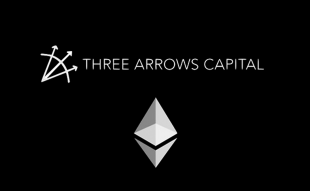Join Our Telegram channel to stay up to date on breaking news coverage
Brazil could soon endorse Bitcoin as a means of payment. A recently proposed addition to the Brazilian law could allow Brazilians to use cryptocurrencies for payments. The move will also protect investors’ private keys from being seized by the courts.
Brazil wants to legalize crypto payments
Paulo Martins, the Federal Deputy in Brazil, tabled a proposal submitted to the legislature in the country. If this proposal is passed, it could expand the legal use of cryptocurrencies in Brazil and enforce regulations such as allowing the courts to confiscate these assets.
The proposal has been added to Article 835 of the Civil Procedure Code. It states that while cryptocurrencies cannot be classified as currencies, they could be adopted “as a financial asset, means of exchange or payment, or instrument of access to goods and services or investment.”
This bill does not guarantee that Bitcoin or any other cryptocurrency will be used as legal tender within the country. However, it shows that crypto assets will be legally recognized for investments and a wide range of other uses.
Your capital is at risk.
With this law, it will now be possible for cryptocurrencies like Bitcoin and Ether to be used in paying for goods and services in the country. The assets will also be used to pay the outstanding debts “in the event of offering or forced constriction.”
Proposal defines court’s role in crypto
The proposal also looks into the powers and the limitations adopted by Brazilian courts once cryptocurrencies have been categorized as a financial asset. Some functions the court would serve under this new law include freezing cryptocurrency exchange accounts.
However, the courts have not been given the power to confiscate the user’s private keys. “The following rules will be observed: Access, by the Judiciary, to the users’ private key is prohibited.”
A debtor could also be required to send their cryptocurrency payments to a wallet belonging to the court to guarantee validity. The proposal does not discuss how the court will receive cryptocurrencies from self-custody wallets. However, it says that in the case of crypto stored on exchanges, these exchanges would be forced to freeze the assets belonging to the debtor.
“In the event that the debtor’s assets are not located, the creditor may request the competent Court to issue an ex officio, by electronic means, to the intermediaries involved in operations with crypto-assets, so that assets corresponding to the amount executed are blocked,” the proposal said.
Read more:
Join Our Telegram channel to stay up to date on breaking news coverage


